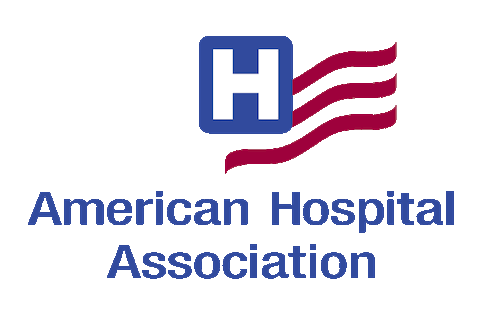
August 17, 2022 – Private commercial health insurance is a central component to the health insurance system in the United States, serving as the dominant source of health coverage for most Americans and employers. In addition to the prevalence of commercial health plans, Medicare and Medicaid programs often rely on private health insurance plans to administer their health benefits.
The American Hospital Association (AHA) recently released a report – “Commercial Health Plans’ Policies Compromise Patient Safety and Raise Costs” – on the current state of the private commercial health insurance system. In this report, the AHA identifies the areas with the most opportunity for improvement.
Here are the main takeaways:
- Many health plans apply prior authorization requirements in ways that create dangerous delays in care, contribute to clinician burnout and significantly drive up administrative costs for the health care system.
- Insurers often force patients to suffer through periods of ineffective treatment before permitting access to the most appropriate therapy. Use of step therapy or fail-first policies is increasing, and its inappropriate application often results in short-term savings for insurers while increasing provider administrative burden and adding downstream costs due to patient delays and complications.
- Insurers frequently establish flawed or overly stringent medical necessity policies that prevent patients from obtaining the necessary care recommended by their physician.
- Many commercial insurers leverage their market power and position to steer providers to purchase their auxiliary products that drive up administrative costs and line insurers’ pockets.
- White bagging is an insurer practice that effectively bans a provider from using their own medication inventory to supply drugs used to treat patients in their facility and prohibits providers from having oversight of the procurement, storage and handling processes, which has important implications for safety and efficacy.
- Many insurers use electronic payment methods that require providers to pay money to receive their contractual reimbursements from commercial insurers. The insurers often receive incentives from credit card companies or payment vendors for issuing these payments. Providers should not have to pay to get paid.
